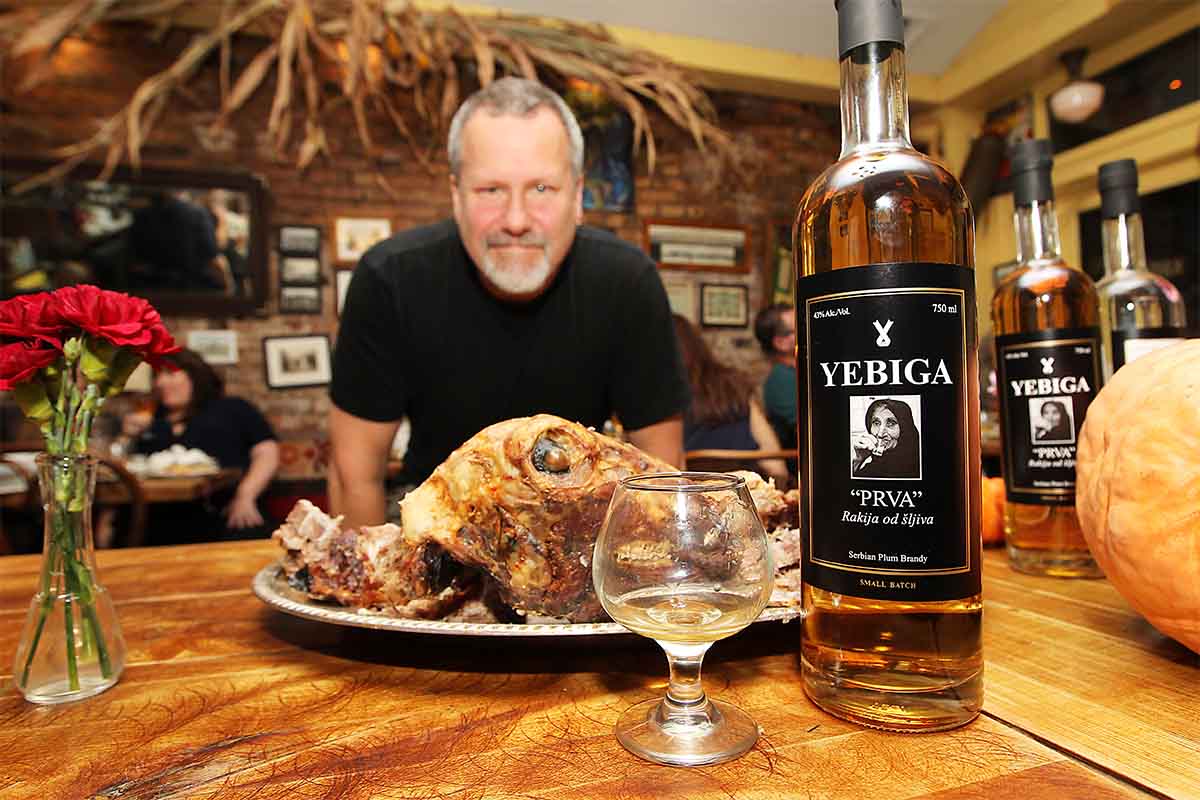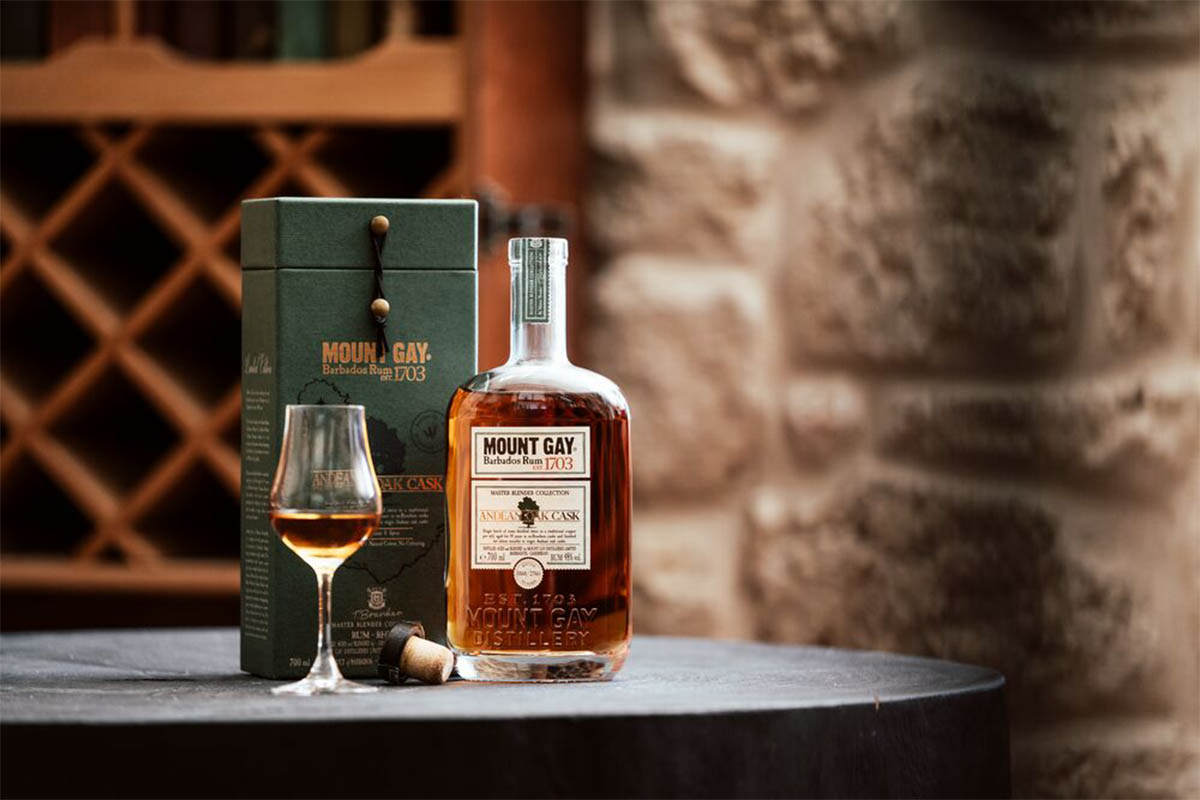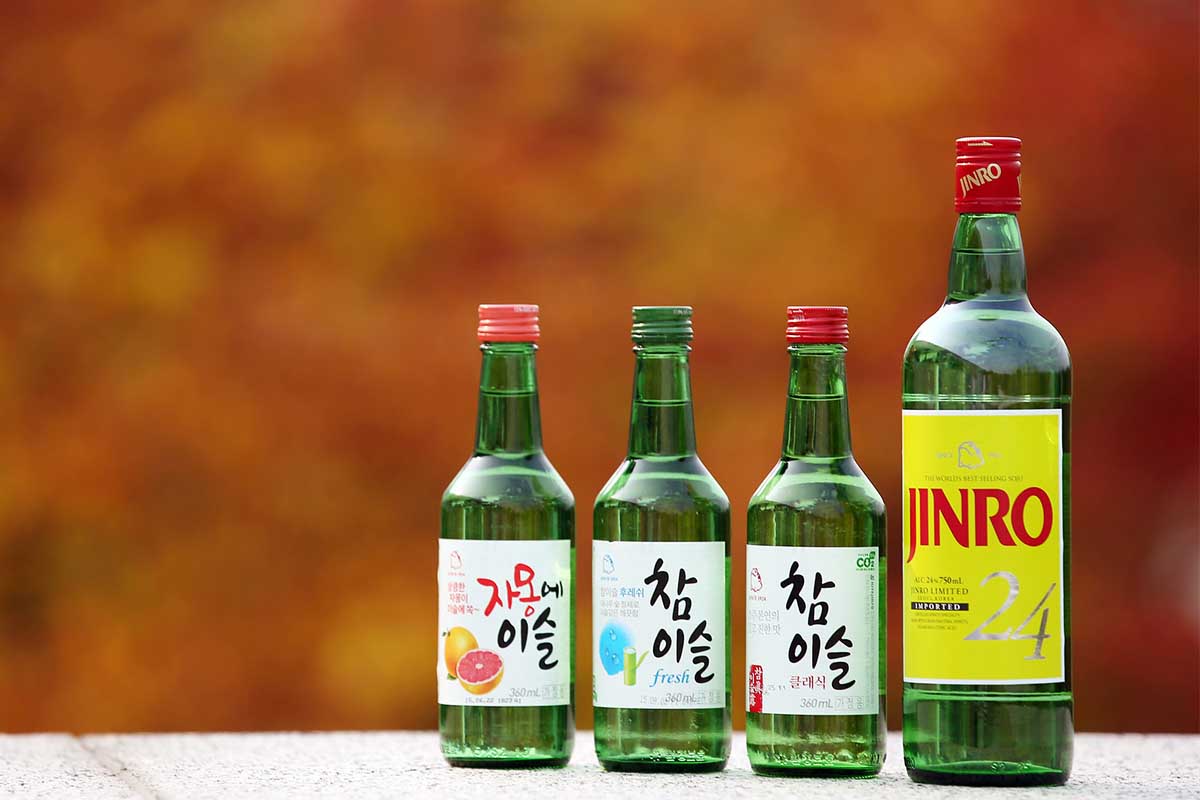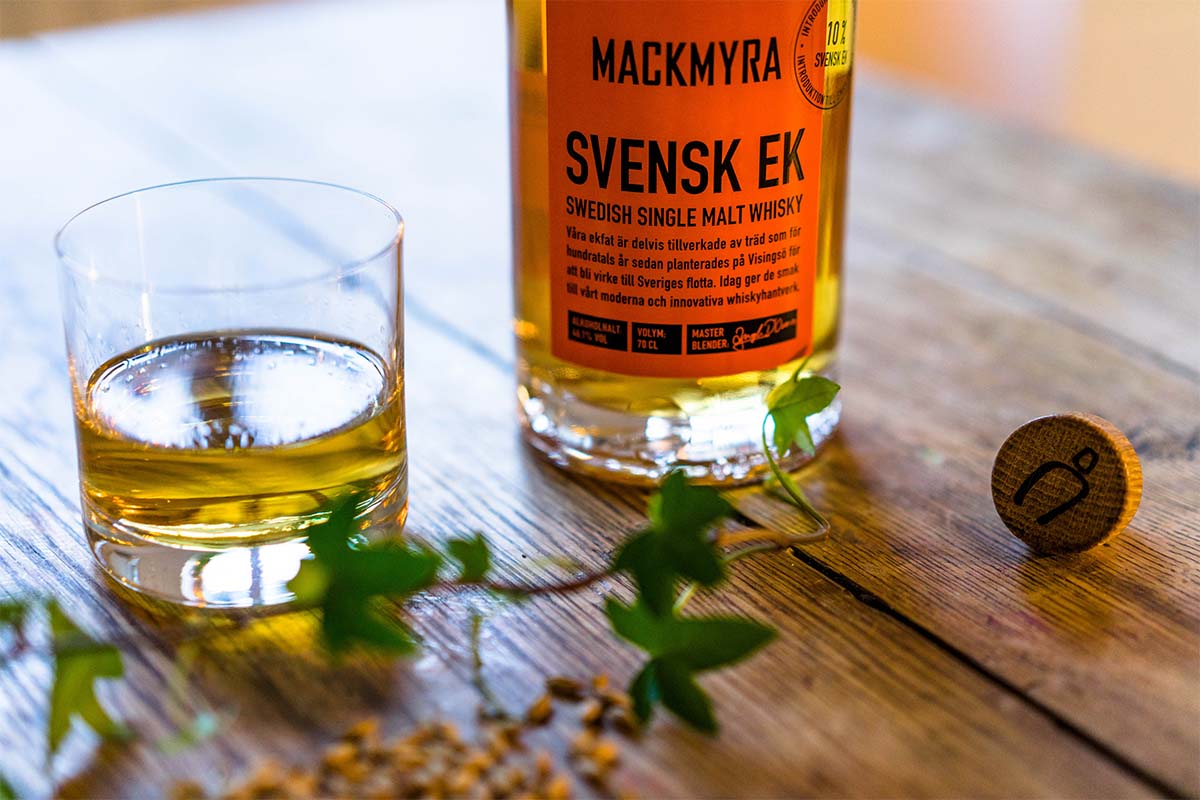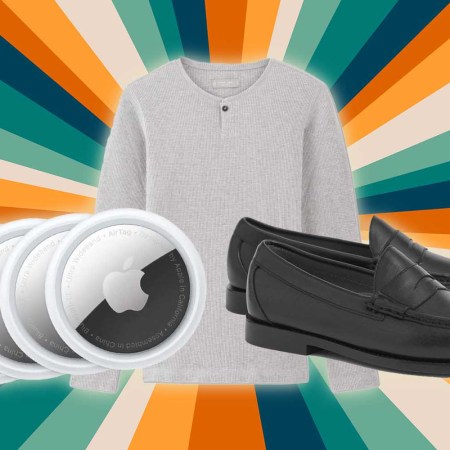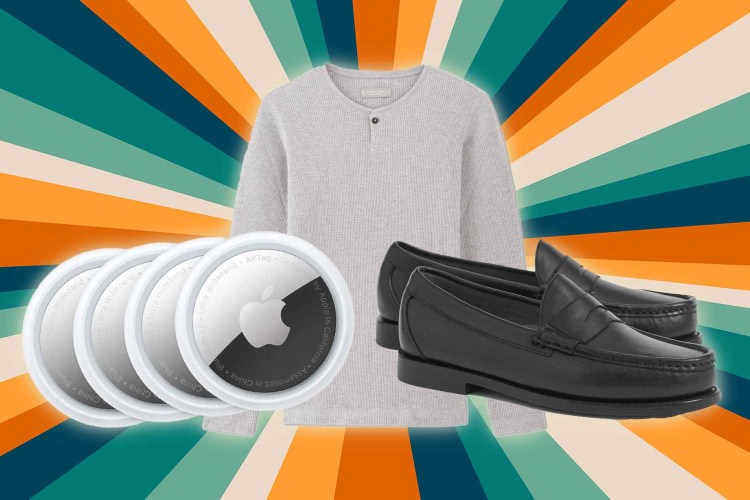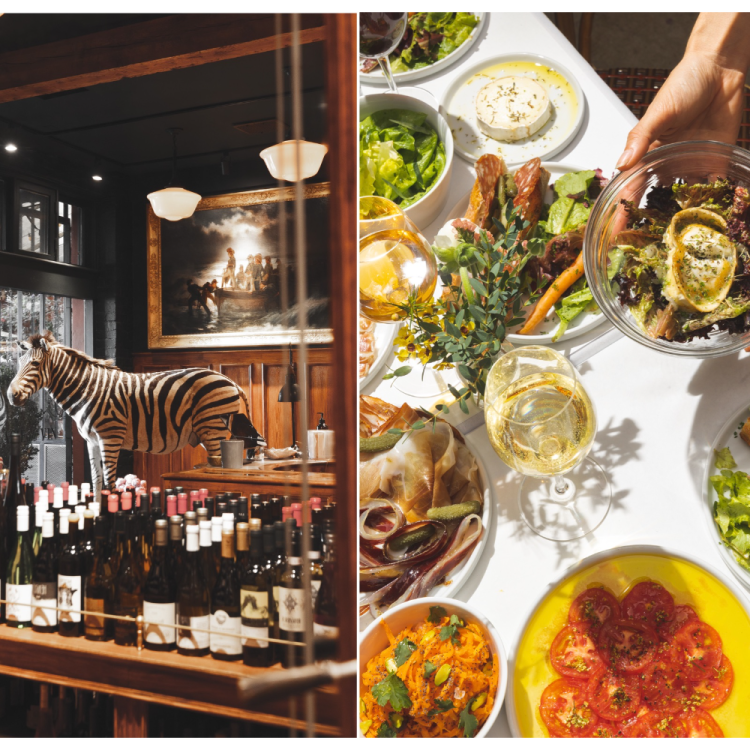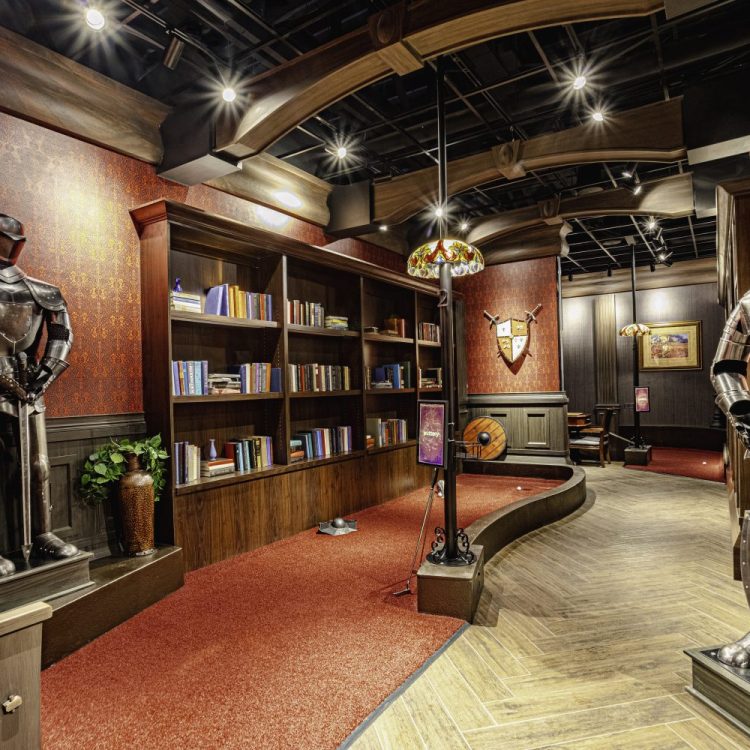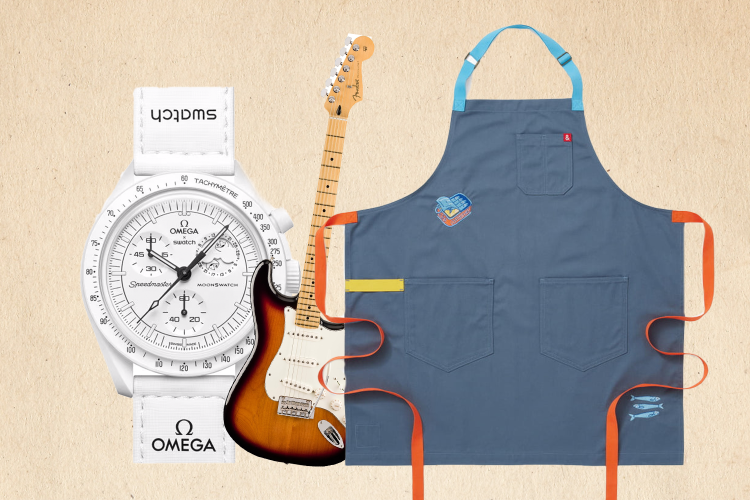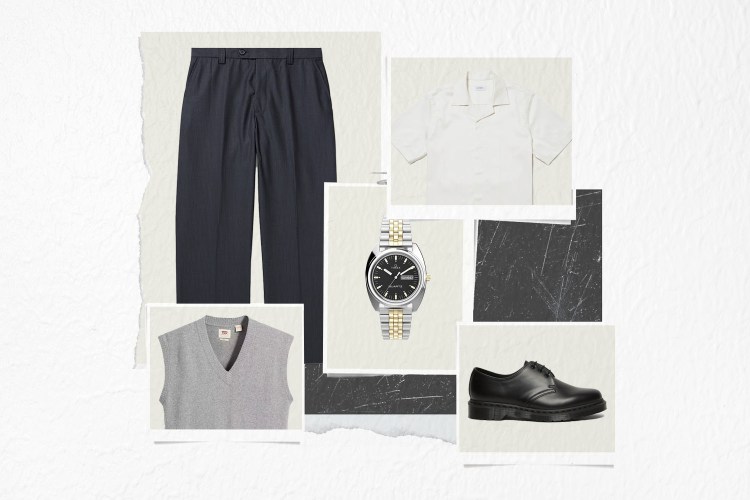What we’re drinking: Yebiga, a rakija from Serbia.
Where it’s from: Yebiga is the first boozy release from a company founded by Faith No More bassist Bill Gould. For you kids under 30: Faith No More, which still tours and put out a new record as recently as 2015, was/is a unique art-funk-metal band that found success on mainstream alternative radio just before grunge hit, particularly through songs like “Epic” and “We Care a Lot.” (FNM’s Angel Dust was the best alt-rock album of 1992. I will accept no arguments.)
Why we’re drinking this: Admittedly, Serbian plum brandy isn’t a go-to drink in my world. But as a huge Faith No More fanboy, I was willing to get behind a spirit I’d literally never heard of before … and one that remains a household (and homemade) staple for millions of families in southeastern Europe.
So I went to a tasting in New York to talk to Gould, who had extra time, as Faith No More’s fall tour with Korn had been canceled. Turns out, the bassist’s interest in rakija is connected to his music.
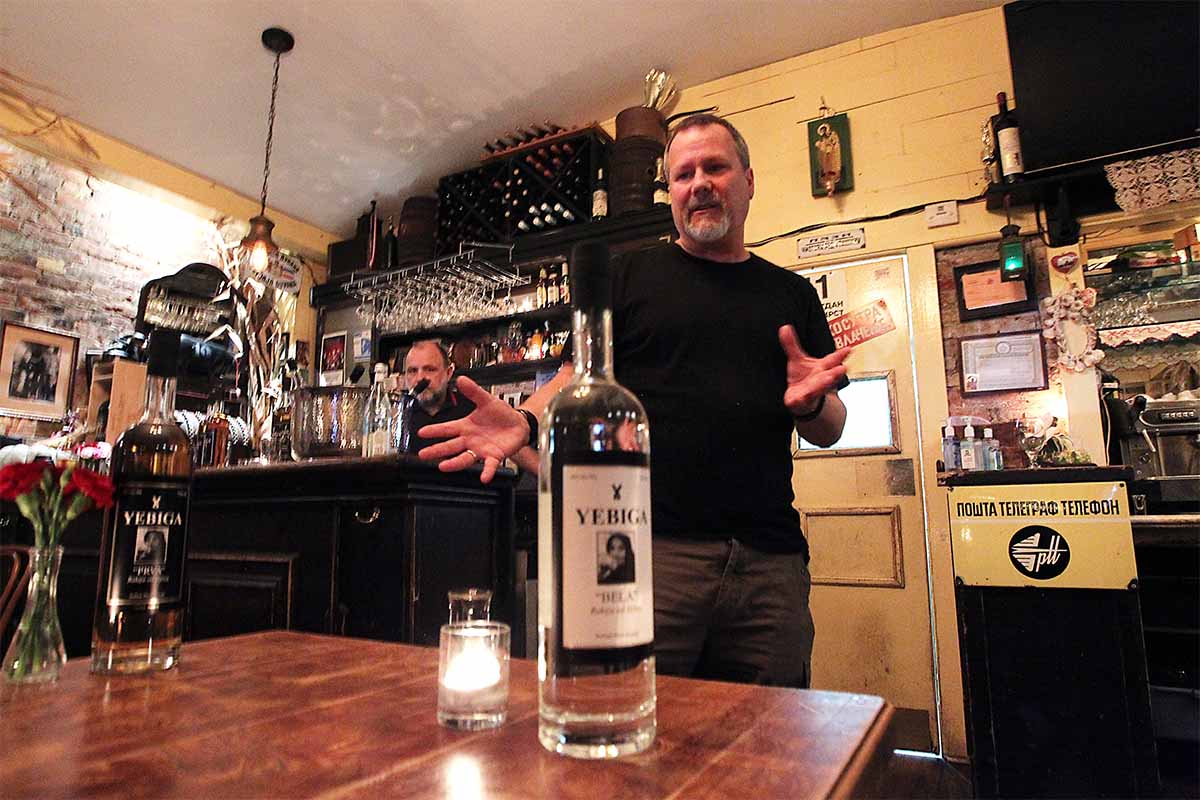
“We were playing in Slovenia in 1992, and people would bring rakija to our shows,” Gould tells us. “I didn’t like it that much, but it seemed really personal to everyone and each bottle was different from each other. I got a good vibe about it.”
Intrigued, Gould began going back to the area more often and diving into the spirit — basically, rakija is crafted from plums (or other fruits), fermented using a wild yeast and double distilled in copper stills. Yebiga’s two releases include unaged (Bela) and 18-month aged (PRVA) expressions. People who’ve had rakija before compare it to other local spirits like slivovitz from Central Europe or, at least in the aspect of a local spirit made by families, moonshine in the U.S. or poitin in Ireland.
The big secret about rakija? “Families make it but keep the good stuff for themselves,” he says. And that was a problem when Gould wasn’t touring (“I’d get back home and try to buy some, and I couldn’t get it anywhere here.”)
Years after his first rakija discovery, a friend in the drinks industry with an importer’s license helped convince Gould to bring the spirit here. “You can’t afford the good stuff over there, but you can here — it’s like the price of tequila,” he says. “Still, nobody knows what it is. But I thought I could introduce this and it could be a legit spirit in five years. This is my drink — not whiskey, not tequila. And I drink my own supply all the time.”
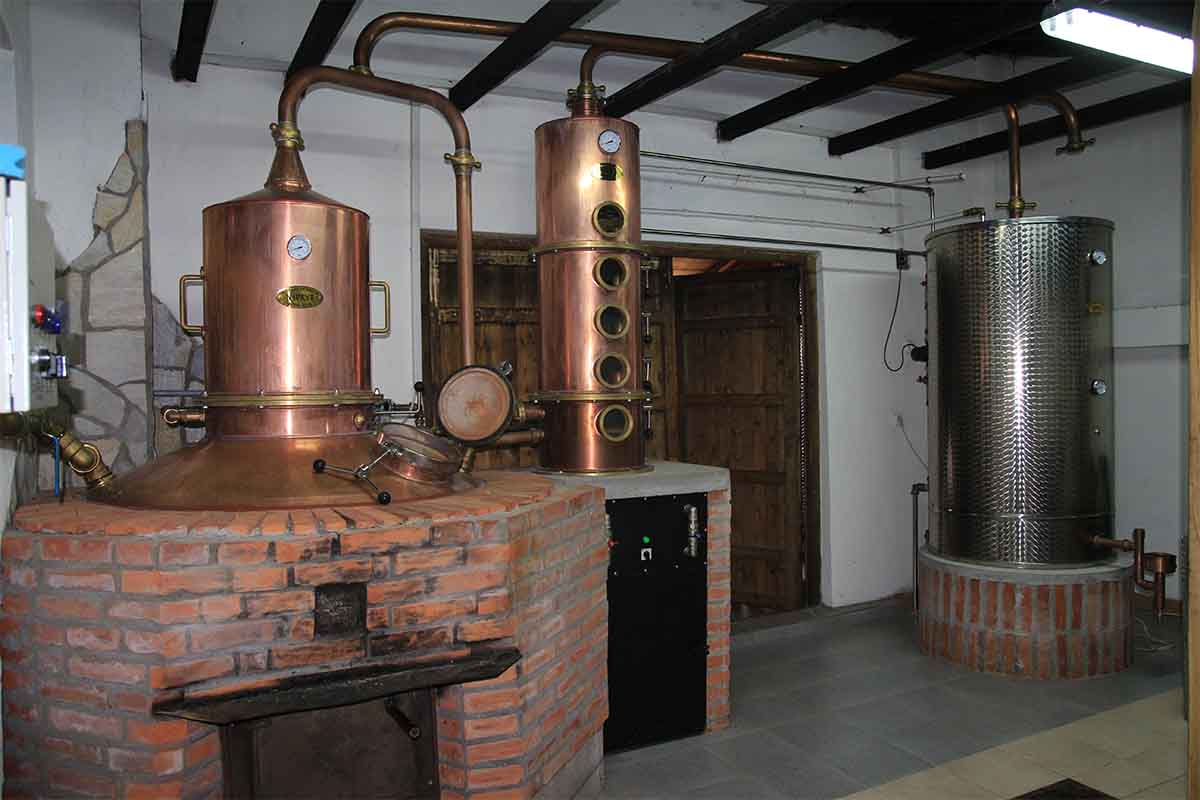
How It Tastes
A 40% ABV spirit, Yebiga’s unaged “Bela” reminds me a lot of grappa, although it’s a nicer ride. Incredibly floral on the nose with a hint of pine, the fruit really shines on the first sip (note: we’ve had it in cocktails, but we suggest drinking it neat and slightly chilled). It pleasantly lingers on the tongue. A bit dry on the finish, overall this is a booze-forward and full-bodied spirit that makes for excellent and repeated sipping.
We didn’t get to spend too much time with the aged PRVA release, but there are modest wood and vanilla notes there, along with a slightly smoother experience (albeit at a higher 43% ABV).
If Yebiga was a Faith No More song, we’d suggest this country-rock number:
Fun fact: The old woman on the bottle? That’s from an obituary. “I saw her picture, and I’m like, ‘That’s the face of rakija,’” says Gould, adding, “Obituaries are posted all over the place in villages there, like punk rock flyers.” (Yes, he got permission to use the photo.)
Oh, and the meaning of Gould’s particular rakija? “I like going to the Balkans; they’ve got a dark sense of humor over there,” he explains. “So Yebiga means ‘fuck it.’”
Where to buy it: You can buy Yebiga online for $30-$43 here.
Join America's Fastest Growing Spirits Newsletter THE SPILL. Unlock all the reviews, recipes and revelry — and get 15% off award-winning La Tierra de Acre Mezcal.
